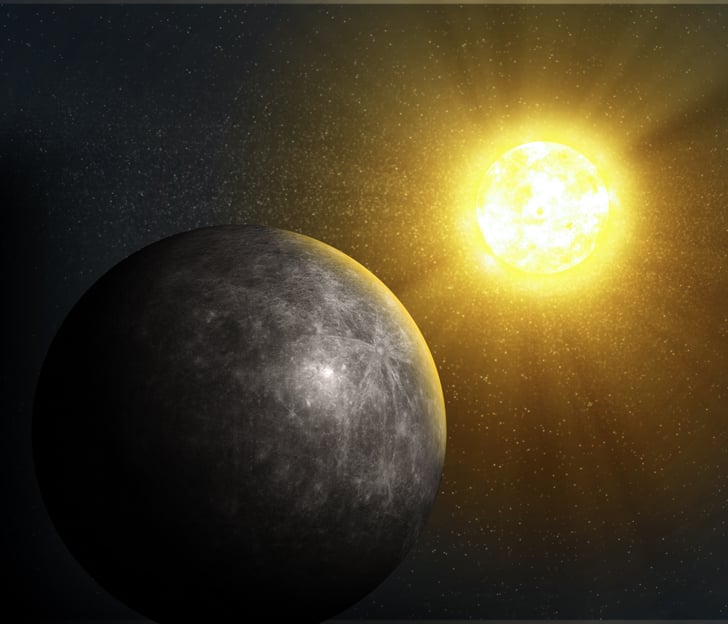Despite being the smallest planet in the solar system mercury is the second densest

Despite being the smallest planet in the Solar System, Mercury is the second densest.

When we think about the planets in our Solar System, we often imagine them according to their size. We know that Jupiter is the largest planet, while Mercury is considered the smallest. However, there is an interesting fact that surprises many - despite its small size, Mercury is the second densest planet in our Solar System.
Understanding Mercury’s Density
Density is a measure of how much mass is packed into a given volume. In the case of planets, it refers to how heavy a planet is for its size. Mercury has a mean radius of about 2,439.7 kilometers, roughly 38% the radius of Earth. Yet, it is surprising to learn that it has a density second only to Earth.
Mercury’s Composition
To understand why Mercury is so dense, we need to take a closer look at its composition. Scientific studies have revealed that Mercury is primarily made up of rock and metal. Its core accounts for about 85% of its total radius and is estimated to be comprised mostly of iron. This combination of a large metallic core and a rocky mantle contributes significantly to its density.
A Relatively Large Core
One of the primary factors that contribute to Mercury’s density is its relatively large core. Compared to other planets, Mercury has a disproportionately large core, which results in a dense overall structure. This core is believed to have been formed as the result of a massive collision early in Mercury’s history, where a smaller planetoid crashed into it, stripping away its outer layers, leaving behind a large, dense core.
The effects of Gravity and Solar Radiation
Another factor that affects Mercury’s density is gravity. With a gravitational force about 38% that of Earth’s, the planet’s weaker gravity allows the heavier elements, such as iron and other metals, to sink to its core. This process of differentiation, coupled with the high temperatures near the Sun, leads to a concentration of heavy elements in the core, making the planet denser.
Comparing Mercury’s Density to Other Planets
In terms of density, only Earth beats Mercury. With an average density of 5.427 grams per cubic centimeter (g/cm³), Mercury ranks second with a density of approximately 5.427 g/cm³. Interestingly, the density of Mercury is significantly higher than the other rocky planets in the Solar System, such as Mars, Venus, and even Earth’s Moon.

Conclusion
Despite being the smallest planet in the Solar System, Mercury surprises us with its high density. Its large core, composed mainly of iron, along with the effects of gravity and solar radiation, accounts for its impressive density. Understanding the composition and density of celestial bodies like Mercury provides invaluable insights into the formation and evolution of planets in our remarkable Solar System.
Source: NASA - In Depth: Mercury
Related Posts
Quick Links
Legal Stuff

